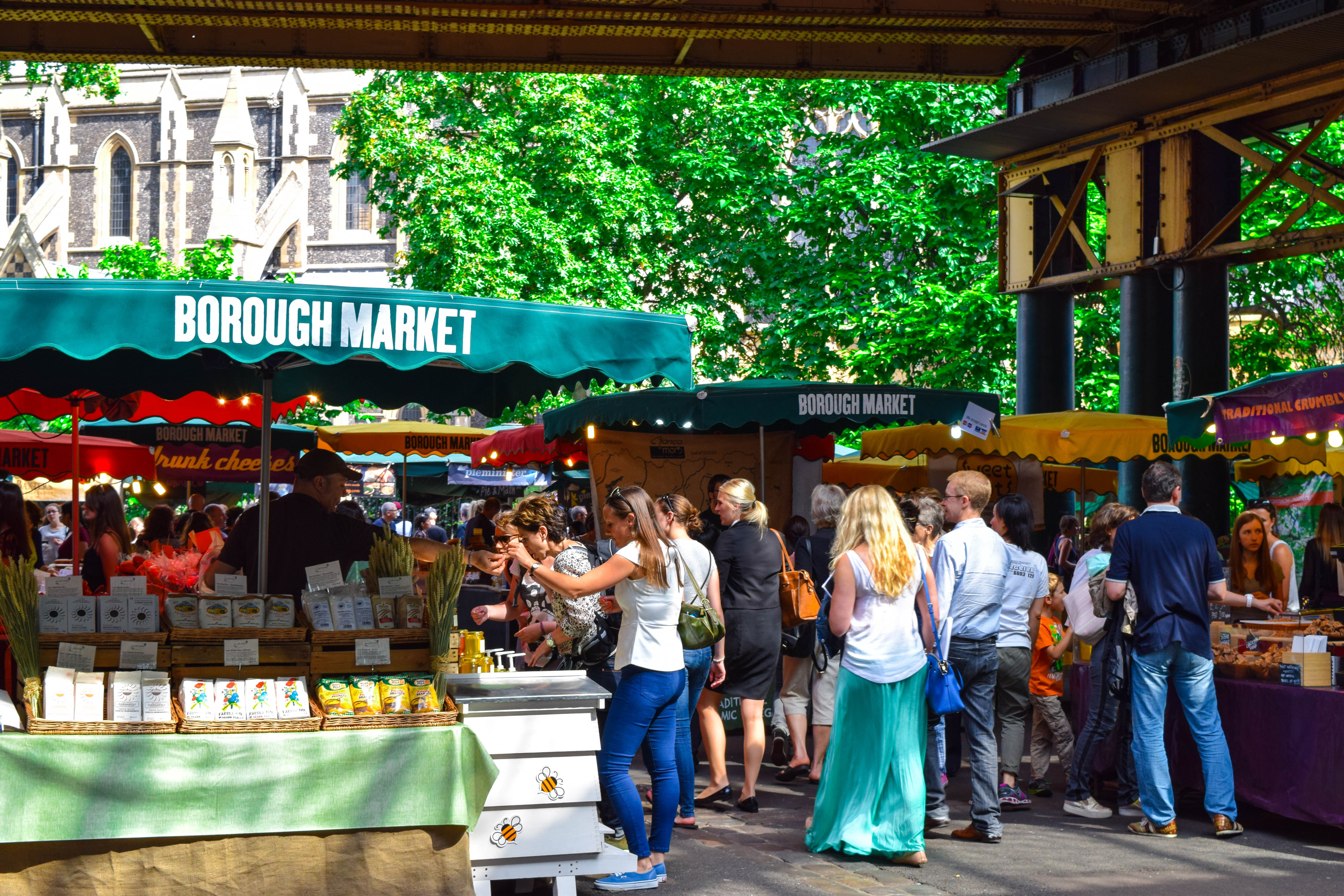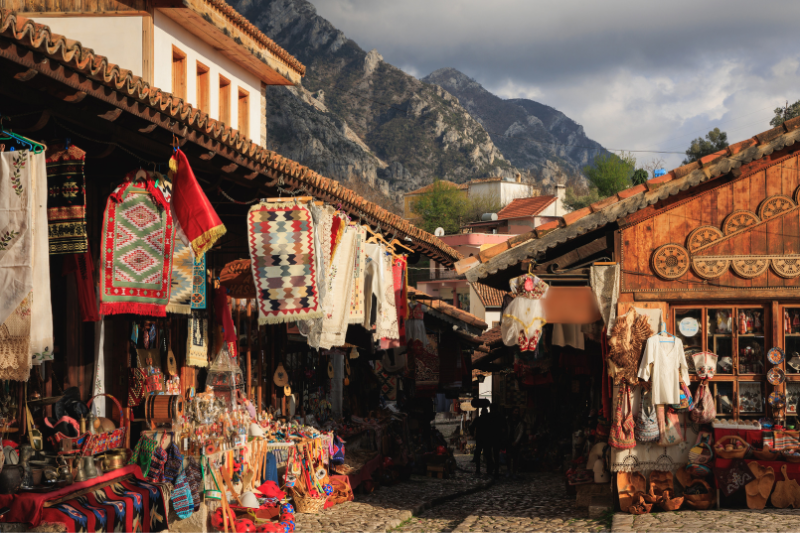In every corner of rural communities are hidden cultural and traditional treasures that, fortunately, have withstood the test of time.
Travelers, aware of this, have made rural tourism one of their main alternatives, seeking authentic experiences and a closer contact with nature.
However, we are well aware that overcrowded tourism, as well as irresponsible practices in destinations, can have a negative impact on local communities. This, coupled with globalization, lack of awareness or recognition, loss of land, among others, pose a latent threat to the roots and inhabitants of these places.

In previous articles we already gave you some tips to have a more sustainable rural getaway. Today, we want to remind you how, by being more conscious and carrying out good practices, you can directly and positively influence the preservation of the culture and economic development of local communities.
Local employment

One of the main ways in which rural tourism benefits local communities is through employment generation. In rural areas, where employment opportunities are often scarce, tourism can provide a source of income for local people.
Supporting small businesses and the increased need for jobs in sectors such as handicrafts, hospitality or gastronomy, not only helps to reduce migration to the cities due to lack of job opportunities, but also contributes to maintaining traditional skills and knowledge within the community.
This practice can foster the opening and continuity of multiple local businesses, which in turn generate employment for other residents and preserve the region's artisanal techniques. This can also allow visitors to have a real contact with the history and culture of the place, improving their experience in the destination.
Preservation of culture

Sustainable rural tourism acts as a guardian of culture and history. Travelers who venture into these regions immerse themselves in deep-rooted traditions and become witnesses to the cultural narrative of a place. Through authentic interactions with locals, visitors can understand a community's identity and appreciate its historical legacy. In addition, the attention that sustainable tourism brings often translates into broader conservation efforts to protect monuments, archaeological sites and natural habitats.
In short, sustainable rural tourism stands as a solid bridge connecting past and present, tradition and modernity, community and development. By channeling economic benefits to local populations and preserving their cultural gems, this approach offers a path to a sustainable and equitable future. By supporting sustainable rural tourism, we are not only enriching our own lives with meaningful experiences, but also ensuring that future generations can inherit the rich history and vibrant identity of these rural communities.
Local production and development

Many rural communities have a wide variety of handicraft and agricultural products, organic foods, and other items that may be of interest to tourists visiting the destination, especially because they are original and unique goods that are not available anywhere and are not sold at wholesale prices.
By promoting and selling these products to visitors, the development of the local economy is encouraged and a market is created for local producers, allowing rural artisans and farmers to obtain a higher income for their products and increase their profits, which in turn contributes to improving the quality of life of the community as a whole, thus bringing about a common welfare.
Strengthening local identity

Rural tourism not only has an economic and environmental impact, but can also help strengthen the sense of belonging and identity of local communities. By sharing their traditions, history and way of life with visitors, local residents continue with their traditions and this contributes to their long-term preservation.
An example of this would be a rural community with a rich culinary tradition; rural tourism can encourage the opening of restaurants that offer typical regional dishes, promoting local gastronomy and preserving recipes that might otherwise be lost over time.
Collaboration with:





